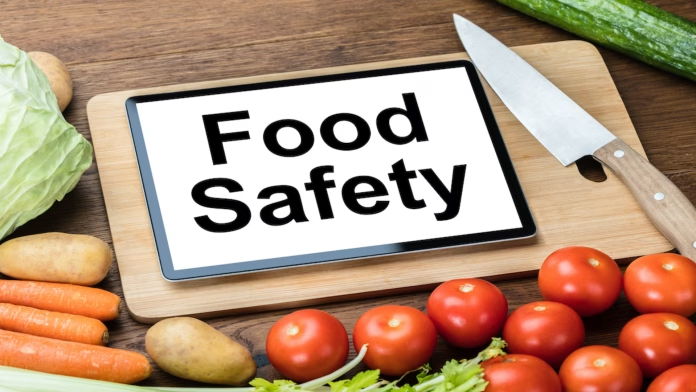Food safety is a critical aspect of our daily lives, ensuring that the food we consume is free from harmful bacteria, viruses, and contaminants. On World Food Safety Day, observed annually on June 7th, we are reminded of the importance of maintaining proper food safety practices to protect our health and well-being. For beginners navigating the world of food safety, understanding essential strategies is the first step towards safeguarding their palates and defending their health.
In this comprehensive guide, we will delve into the must-know food safety strategies that everyone, especially beginners, should be aware of. By following these practices, we can create a safer food environment for ourselves and our loved ones.
- Hand Hygiene: The Foundation of Food Safety
One of the fundamental principles of food safety begins with proper hand hygiene. Our hands can harbor harmful bacteria and viruses that can contaminate the food we handle. Thoroughly washing hands with soap and water for at least 20 seconds before and after handling food, using the bathroom, or touching any potentially contaminated surfaces is crucial in preventing the spread of pathogens. In addition to handwashing, it is important to keep nails short and clean, remove jewellery, and avoid touching the face while preparing food.
- Safe Food Handling and Storage
Proper handling and storage of food items are pivotal in maintaining their safety. When handling raw meat, poultry, or seafood, it is essential to prevent cross-contamination by keeping them separate from other foods. This can be achieved by using separate cutting boards, utensils, and storage containers for different food groups. Additionally, storing perishable items, such as dairy products and raw meats, in the refrigerator at the correct temperature (below 40°F or 4°C) helps inhibit bacterial growth and preserves their freshness. Understanding expiration dates and properly labeling leftovers can prevent the consumption of spoiled food.
- Thorough Cooking: Don’t Compromise on Safety
Cooking food to the appropriate internal temperature is vital to kill harmful bacteria and ensure food safety. Using a food thermometer, beginners can verify that meats, poultry, fish, and other cooked foods reach the recommended temperature to destroy any pathogens. Different types of foods have specific temperature requirements to ensure safety. For example, poultry should be cooked to an internal temperature of 165°F (74°C), while ground meats should reach 160°F (71°C). It is essential to avoid partially cooking food and finishing it later, as this can promote bacterial growth.
- Mindful Cross-Contamination Prevention
Cross-contamination occurs when harmful microorganisms are transferred from one surface or food item to another, leading to potential foodborne illnesses. Beginners should be cautious and keep raw and cooked foods separate throughout the entire food preparation process. This involves using different cutting boards for raw meats, fruits, and vegetables, as well as thoroughly sanitizing utensils and surfaces after handling raw meats or seafood. It is also important to avoid reusing marinades that have come into contact with raw meats. By practicing mindful cross-contamination prevention, beginners can significantly reduce the risk of foodborne illnesses.
- Choose Safe and Reliable Sources
When shopping for groceries, it is essential to choose reputable sources that prioritize food safety. Look for fresh produce, meats, and dairy products from trusted suppliers or markets with good hygiene practices. Check for proper packaging, expiration dates, and any signs of spoilage to ensure the quality and safety of the products you purchase. Additionally, be cautious when purchasing food from street vendors or eating at restaurants, ensuring that they follow proper food safety guidelines and maintain cleanliness.
Food safety is a shared responsibility, and every individual can play a vital role in safeguarding their health and well-being. By adopting the must-know food safety strategies outlined in this guide, beginners can navigate the world of food safety with confidence and protect themselves from potential foodborne illnesses. On World Food Safety Day, let us reinforce our commitment to maintaining high food safety standards, not only for our own benefit but also for the health and safety of our communities. Remember, guarding your palate goes hand in hand with defending your health.





